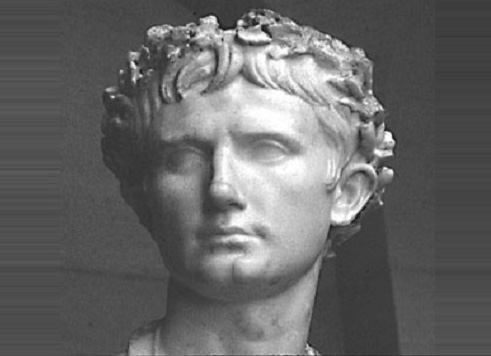Whereas one concept of intuition is drawn along religious or metaphysical lines, positing that “Intuition is God in man, revealing to him the Realities of Being,” I would make my case by discussing intuition in a more rigorously philosophical manner, revealing—with syllogistic clarity admitting only an occasional lapse (aliquando bonus dormitat Homerus)—its theoretical underpinnings, eschewing religious terminology per se, and espousing an understanding of intuition somewhat analogous, although by no means identical, to the current psychological notion as a window of access to the immense and myriad resources of both the personal and collective unconscious, facilitating at once creativity and breakthrough insights, not to mention, pace those of a strictly materialistic turn of mind, the “intimations of immortality,” alluded to by the paragon of the Lake poets in what was surely one of his highest moments of poetic intuition (q.e.d); nor would it be stretching too far afield (a man’s reach should exceed his grasp, or what’s a “meta” for?) to make a modest proposal that the holographic paradigm, where all information about the whole and its parts, say the pundits, is accessible at any one point (the infinite revealed in the infinitesimal—the “world revealed in a grain of sand”), is not only a further elaboration of thought along those very lines traversed in the immediately foregoing divagations, but also a golden key, better even than travel, for shifting states of consciousness—Coelum, non animum mutant, qui trans mare currunt, to use a Horatian flourish . . . (this sentence to be continued)

HyC